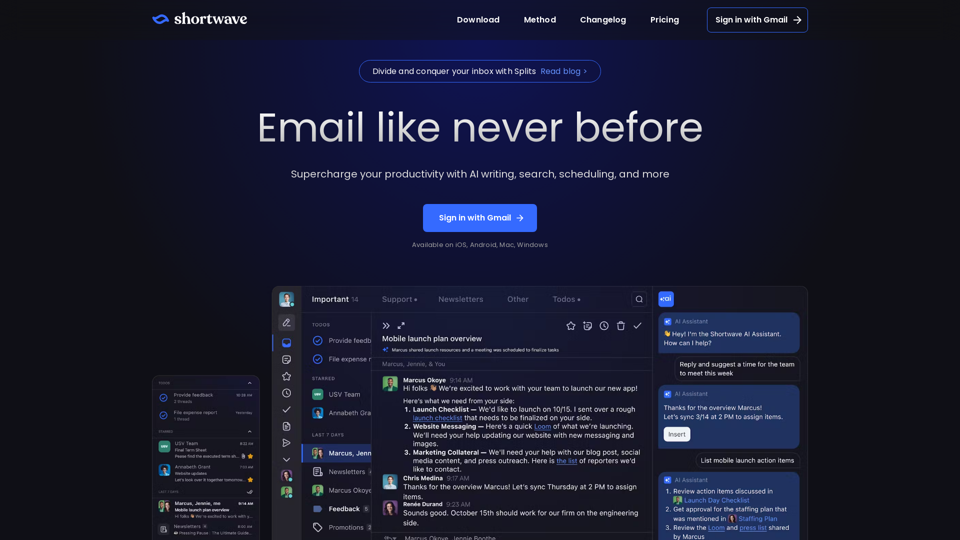Что такое искусственный интеллект в планировании?
Искусственный интеллект (ИИ) в планировании относится к использованию передовых алгоритмов и методов машинного обучения для автоматизации и оптимизации процесса создания и управления расписаниями. Инструменты планирования на базе ИИ могут анализировать огромные объемы данных, чтобы выявлять закономерности, прогнозировать будущие потребности и принимать обоснованные решения, повышающие эффективность и продуктивность.
Основные особенности планирования с ИИ
- Автоматическое планирование: ИИ может автоматически создавать расписания на основе заранее определенных критериев и исторических данных.
- Анализ данных: ИИ использует машинное обучение для анализа прошлых данных планирования с целью улучшения будущих решений.
- Корректировки в реальном времени: Системы ИИ могут адаптироваться к изменениям в реальном времени, таким как доступность сотрудников или неожиданные отсутствия.
Преимущества искусственного интеллекта в планировании сотрудников
ИИ приносит множество преимуществ в процесс планирования, преобразуя то, как компании управляют своей рабочей силой и ресурсами.
Управление временем и ресурсами
- Эффективность: ИИ сокращает время, затрачиваемое на ручное планирование, позволяя менеджерам сосредоточиться на более стратегических задачах.
- Оптимизация ресурсов: ИИ обеспечивает оптимальное использование ресурсов, согласовывая расписания с потребностями бизнеса и навыками сотрудников.
Снижение ошибок и улучшение качества
- Минимизация ошибок: Системы ИИ значительно уменьшают ошибки в расписаниях, такие как двойные бронирования или пропущенные смены.
- Повышение качества расписания: ИИ может предлагать наилучших сотрудников для смен, улучшая общее качество и справедливость расписаний.
Управление данными и их использование
- Комплексный анализ данных: ИИ обрабатывает большие наборы данных, включая доступность сотрудников, квалификацию и сверхурочные, для создания оптимизированных расписаний.
- Прогнозные инсайты: ИИ использует прогнозную аналитику для предвидения конфликтов в расписании и их проактивного разрешения.
Справедливость и объективность в принятии решений
- Объективное планирование: ИИ принимает решения на основе данных, устраняя человеческие предвзятости и обеспечивая справедливость в планировании.
- Соблюдение правил: ИИ может быть запрограммирован на соблюдение трудового законодательства и корпоративных политик, обеспечивая соответствие в расписаниях.
Как использовать ИИ в планировании
Внедрение ИИ в планирование включает интеграцию инструментов на базе ИИ в существующие процессы планирования для повышения эффективности и принятия решений.
Шаги для внедрения ИИ в планирование
- Определите потребности: Определите конкретные проблемы и цели планирования, с которыми сталкивается ваша организация.
- Выберите инструмент ИИ: Выберите инструмент планирования на базе ИИ, который соответствует вашим потребностям и интегрируется с вашими существующими системами.
- Интеграция данных: Убедитесь, что инструмент ИИ может получить доступ к соответствующим данным, таким как доступность сотрудников и исторические расписания.
- Настройка параметров: Настройте инструмент ИИ для соблюдения корпоративных политик, трудового законодательства и специфических предпочтений в планировании.
- Мониторинг и корректировка: Регулярно пересматривайте расписания, созданные ИИ, и вносите корректировки по мере необходимости для оптимизации производительности.
Лучшие практики для планирования с ИИ
- Непрерывное обучение: Позвольте инструменту ИИ учиться на прошлых результатах планирования для постоянного улучшения своих рекомендаций.
- Обратная связь: Включайте отзывы сотрудников и менеджеров для уточнения процесса планирования с ИИ.
- Масштабируемость: Убедитесь, что инструмент ИИ может масштабироваться вместе с вашим бизнесом по мере его роста и развития.
В заключение, ИИ в планировании предлагает трансформационные преимущества, повышая эффективность, снижая ошибки и обеспечивая справедливые и соответствующие практики планирования. Интегрируя инструменты ИИ, компании могут упростить свои процессы планирования и сосредоточиться на стратегическом росте.


